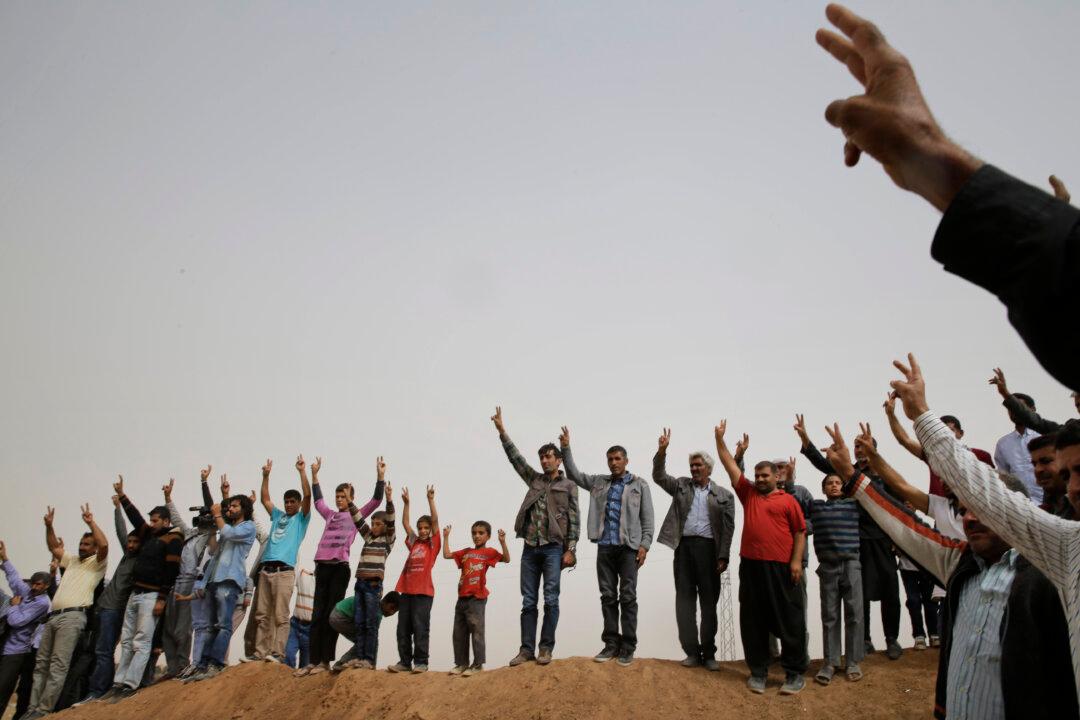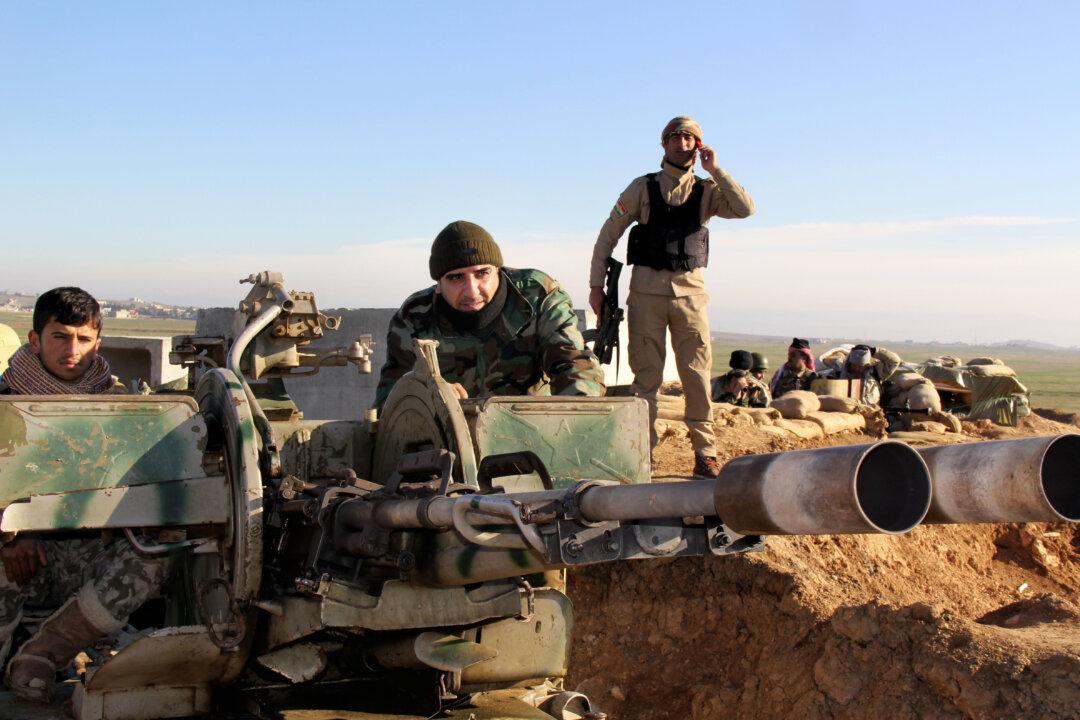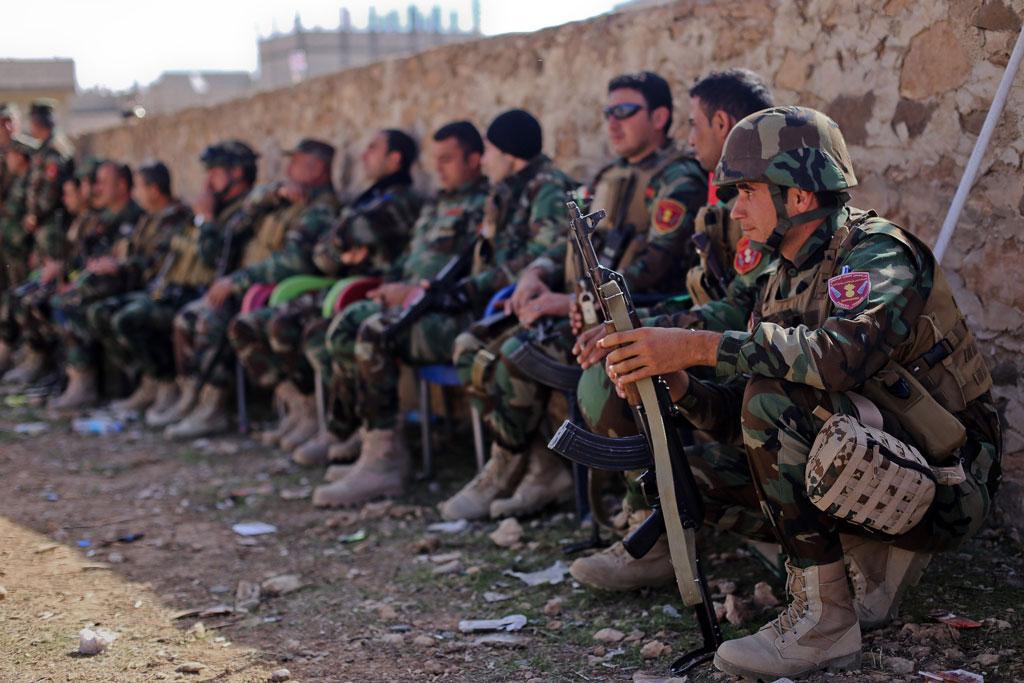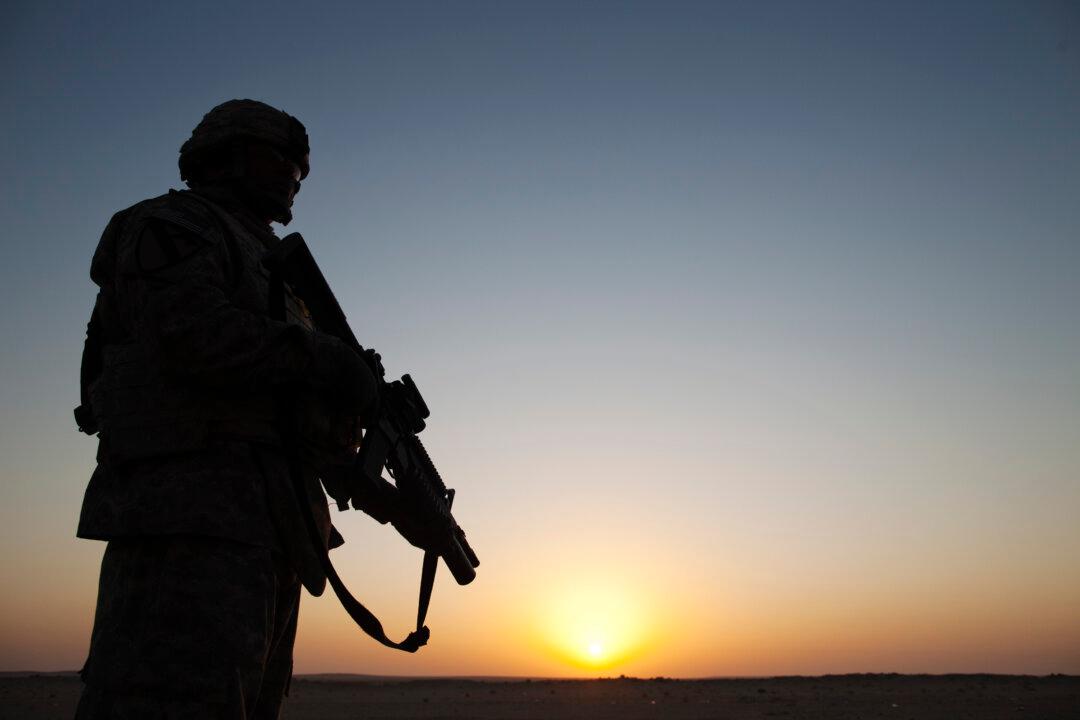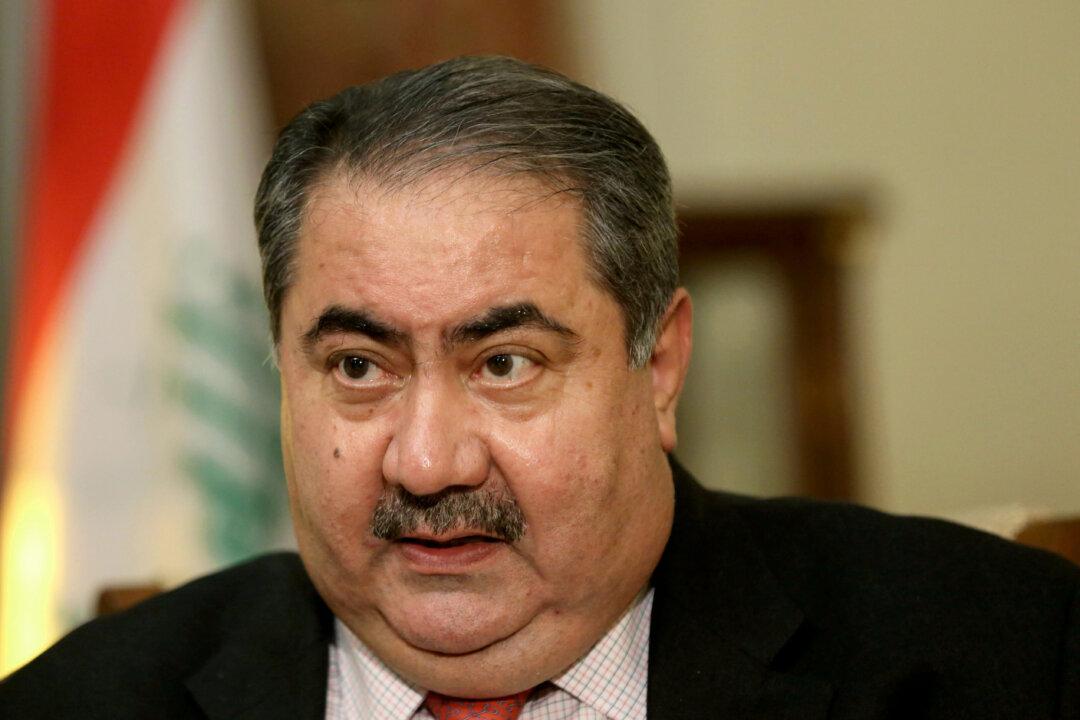BAGHDAD—The Kurds of Syria and Iraq have become a major focal point in the war against the Islamic State group, with Kurdish populations in both countries coming under significant threat by the militants’ lightening advance.
Syrian and Iraqi Kurds took part in cross-border operations to help rescue tens of thousands of displaced people from the minority Yazidi group from Iraq’s Sinjar Mountain in August. In Turkey, Kurds are pressing the government in Ankara to help their brethren in the embattled Syrian border town of Kobani.
The cooperation between Kurds in these countries underscores their loyalty to the shared dream of establishing an independent and unified Kurdistan, or Land of the Kurds — and not to the nations in which they live.
[aolvideo src=“http://pshared.5min.com/Scripts/PlayerSeed.js?sid=1759&width=480&height=300&playList=518466031&responsive=false”]
Who Are the Kurds?
The Kurds are an ethnic group with their own language and customs whose nomadic past led to their modern-day dispersal across several countries, mostly Turkey, Iraq, Syria, Iran and Armenia. Sunni Muslims make up the vast majority, but there is a sizeable Shiite population, particularly in Iran.
After the collapse of the Ottoman and Qajar empires and the subsequent creation of these modern states, Iraq, Iran and Turkey each agreed against the creation of an independent Kurdistan, making them the largest stateless minority group in the world. With nearly 25 million people living in five countries, they continue to push for self-rule.
What Is Their Role in Turkey?
Turkey is home to an estimated 15 million Kurds, about one-fifth of the country’s population of 76 million. Most are Sunni Muslim.
An insurgent group, the Kurdistan Workers’ Party, or PKK, has fought a three-decade war, initially for independence and later for autonomy and greater rights for Kurds. The conflict with the PKK has killed tens of thousands of people since 1984.
Turkey and its U.S. and European allies consider the Marxist PKK a terrorist organization for killing civilians in urban bombings.
It is now also engaged in peace talks with the PKK’s imprisoned leader, Abdullah Ocalan, to end the conflict. Kurds, who accuse Turkey of not doing enough to help their brethren in Syria, have warned that the peace process could come to an end if the Syrian Kurdish town of Kobani falls to the Islamic State militants.
Where Do They Stand in Iraq?
Five million Kurds have their own government in Iraq’s semi-autonomous north and have significant representation in the central government with several key posts including the presidency, which is allocated to Kurds. They currently represent about 20 percent of Iraq’s population, making them the largest ethnic minority.
There are two main Iraqi Kurdish factions: The Kurdistan Democratic Party is led by Kurdish Regional Government President Massoud Barzani, and the Patriotic Union of Kurdistan is led by former Iraqi President Jalal Talabani. The factions fought a bloody war for power over northern Iraq in the mid-1990s, before agreeing to a power-sharing deal that ended the fighting in 1998.
The Kurdish military, known as the Peshmerga, has been a major force in repelling theIslamic State onslaught in recent months, with nearly a dozen countries rushing to its aid with weapons and training in the absence of genuine support from a strained Iraqi military.
Peshmerga forces claimed control of the oil-rich city of Kirkuk just days after the militant group advanced across northern Iraq, and have worked aggressively to maintain their grip on other disputed areas.
The United States has been one of the most ardent protectors of Kurds for over a generation, helping establish and enforce a safe haven in northern Iraq to protect them from Saddam Hussein. After the U.S.-led 2003 invasion of Iraq, U.S. officials sought to give equal power to Kurdish politicians even in navigating the delicate rivalry between the factions.
Where Do the Kurds Stand in Syria?
Kurds are the largest ethnic minority in Syria, making up more than 10 percent of the country’s pre-war population of 23 million people. They are centered in the impoverished northeastern province of Hassakeh, wedged between the borders of Turkey and Iraq.
The Kurdish Democratic Union party, or PYD, is the most powerful political force among Syria’sKurds. The party is a deeply secular, and affiliated with the PKK.
Since Syria’s civil war began, the Kurds have made unprecedented gains, carving out a semi-autonomous territory in the north as overstretched government troops abandoned the region to focus on defending Damascus.
From The Associated Press. AP writers Suzan Fraser in Ankara, Ryan Lucas in Beirut, Nasser Karimi in Tehran and Lara Jakes in Washington contributed to this report.
